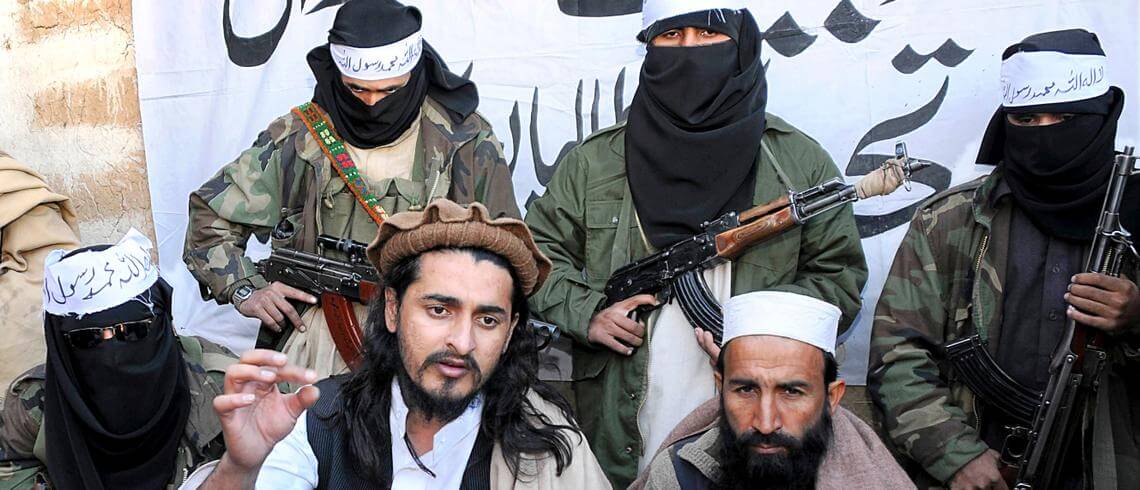On Monday, Pakistani officials said the government had reached a “complete ceasefire” with the Tehrik-i-Taliban Pakistan (TTP), also known as the Pakistani Taliban, for one month, starting on November 9. This is the first step towards bringing an end to years of TTP-led violence in the country.
The announcement was made by Information Minister Fawad Chaudhry, who said the ceasefire would be “extendable” and that negotiations would continue. He stressed that the discussions were being conducted “strictly in line with the constitution and the law of Pakistan.”
The meeting was held at an undisclosed location in Afghanistan and was facilitated by the Afghan Taliban. However, the exact nature of the Afghan Taliban’s involvement was not disclosed by Chaudhry.
TTP spokesperson Mohammad Khorasani confirmed the successful conclusion of the dialogue. However, he added, “It is necessary that both sides observe the ceasefire.”
In October, Pakistani Prime Minister Imran Khan said his government had initiated talks with the TTP in Afghanistan, with the Afghan Taliban acting as a mediator. One of the key players in the dialogue is the Afghan Taliban-appointed Interior Minister Sirajuddin Haqqani, who is also the head of the Haqqani network, responsible for several attacks, including bombings and assassination attempts. Haqqani is on the US Federal Bureau of Investigation’s (FBI) most-wanted list, with a $5 million bounty on his head and is believed to be holding an American citizen hostage.
It is not the first time the Pakistani government has attempted to negotiate with the TTP. In 2014, failed talks with the group resulted in the Pakistani government cracking down on the group along the Afghan border, which is one of TTP’s strongholds. This resulted in the deaths of thousands of militants and forced several group members to flee to Afghanistan. However, since the beginning of 2021, TTP-led violence has resurged, resulting in the killing of several security personnel.
The TTP has been designated a global terrorist group by both the United Nations and the United States. It has orchestrated several attacks since its establishment in 2007, resulting in the death of several Pakistani citizens and security forces. It is based mainly along the Afghan-Pakistan border.
The Pakistani government’s decision to negotiate with the TTP comes as it seeks to usher in some sort of stability in the country. In pursuance of these efforts, the Pakistani government withdrew its ban on the far-right extremist group Tehreek-e-Labbaik Pakistan (TLP) earlier this month, bringing an end to weeks of violent protests by the group, which was previously proscribed as a terrorist organisation.
Pakistan Signs One-Month Ceasefire Deal With Local Taliban Militants
The Pakistan Taliban (TTP), a banned group in the country, reached a ceasefire agreement with the Pakistani government with the help of the Afghan Taliban.
November 10, 2021

SOURCE: TRT WORLD
